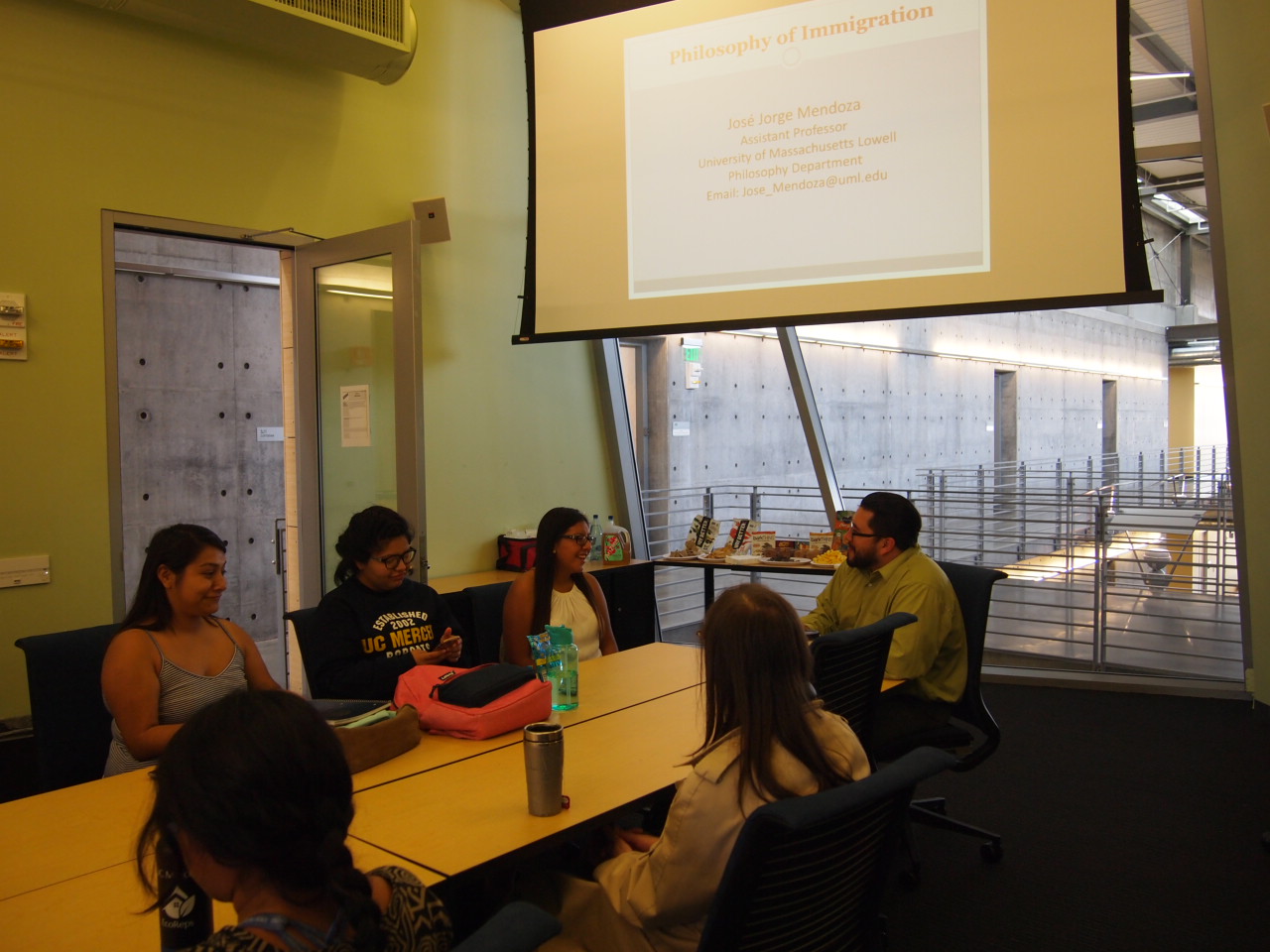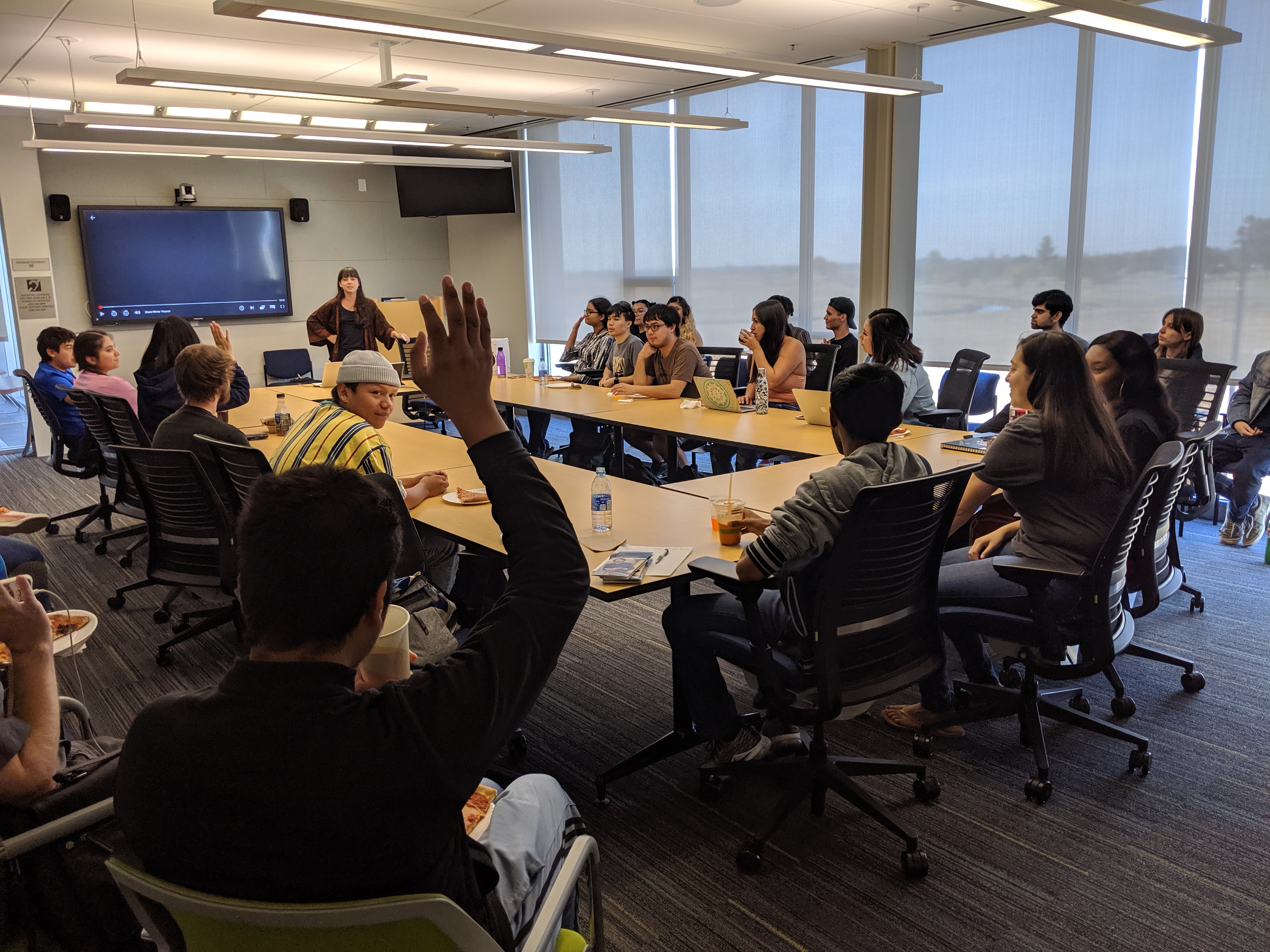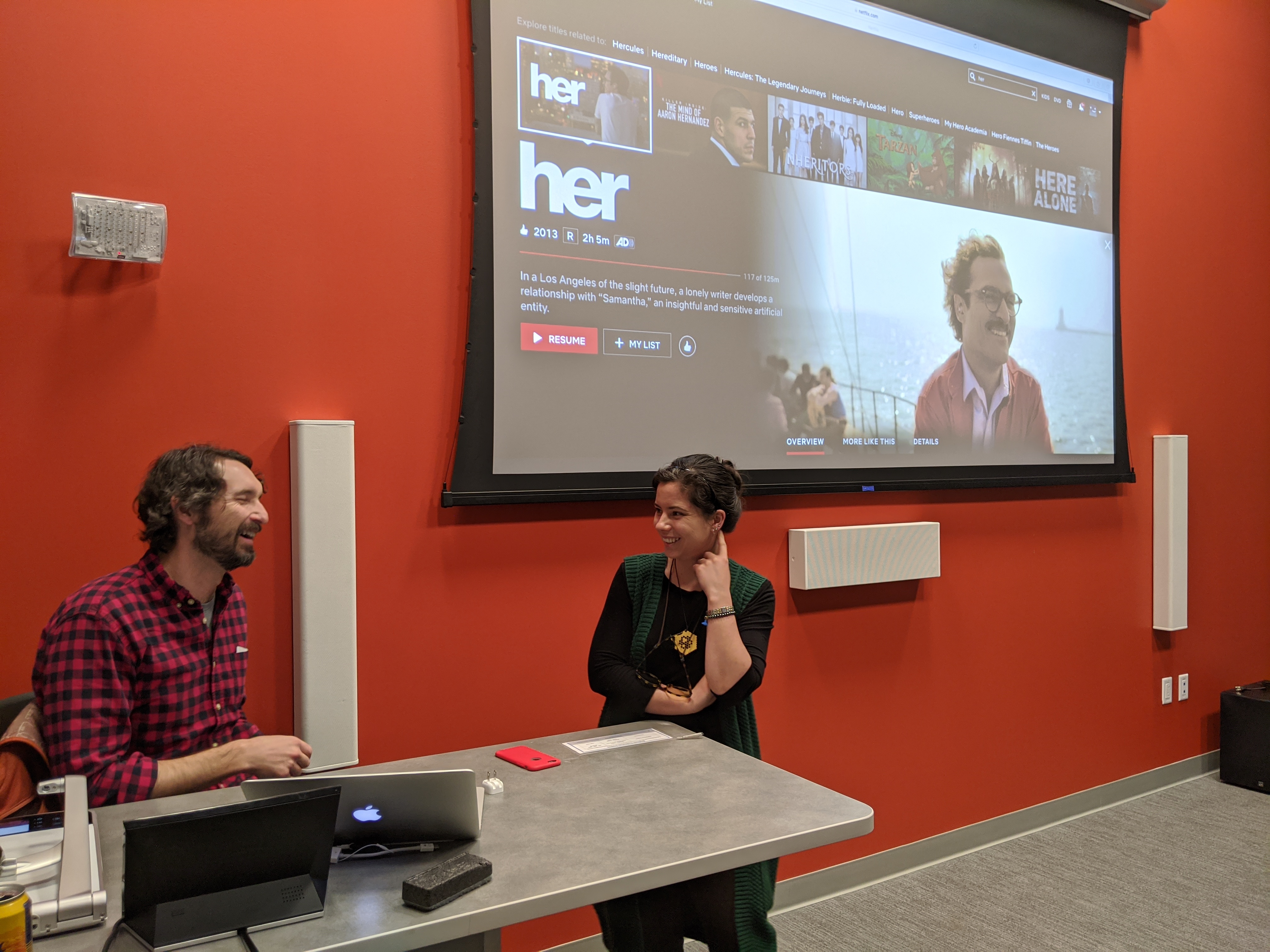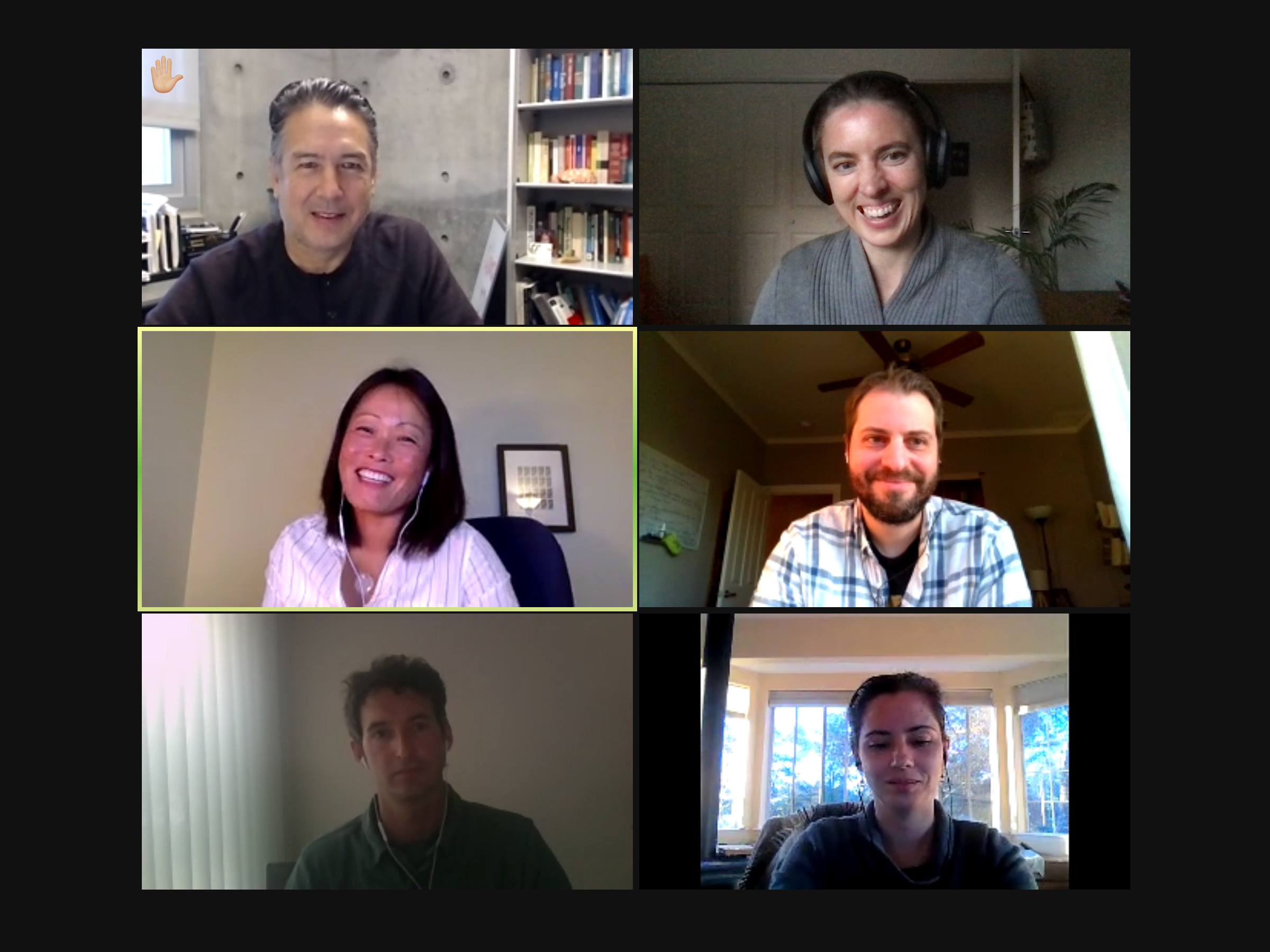What is Philosophy?
Philosophy is one of the oldest academic disciplines, covering topics of perennial human interest, such as what it means to live a good life, as well as topics that provide useful skills, such as ethics and logic. Philosophers study issues of basic human importance, such as: what sorts of things exist in the universe, the nature of the mind and thinking, what we can know, what is valuable, how we should treat others, and what constitutes the best form of government. Philosophers consider theoretical, conceptual, and foundational questions of this sort both on their own and in relation to other disciplinary areas. They study, for instance, mind and consciousness, moral conduct and agency, the organization of social structures, decision making, ethical questions concerning the environment, biotechnology, and business, and questions in the foundations of mathematics, physics, biology, and the cognitive sciences.
Philosophy graduates in the United States have historically had success in terms of both salary and further education, with philosophy majors earning median mid-career salaries of over $80,000 and getting higher admittance rates to law school and medical school than other majors. While philosophy has typically attracted a narrow demographic, in recent years it has launched a campaign to diversify its ranks, putting students at UC Merced in a position to help change the future of the discipline. We think this is part of the reason the major is “back on the rise” among undergraduates.
Philosophy at UC Merced
The philosophy program at UC Merced specializes in applied, interdisciplinary, and socially engaged work, with special emphasis in the philosophy of cognitive science and applied ethics. Many of the philosophers at UC Merced draw on scientific evidence, in some cases using mathematical or computational models in their research. Most are engaged in teaching and research across multiple disciplines. For example, philosophy faculty have taught courses listed or cross-listed in cognitive science (Philosophy of Cognitive Science, Ethics and Technology), mathematics (Mathematical Logic), and literature (Philosophy and Literary Theory).
In terms of socially engaged work, current faculty have projects on “cognitive science and the common good,” data ethics, environmental ethics, philosophy in prisons, and other topics of relevance to our geographic region. Further, current faculty are also actively engaged in research on the epistemic crisis in the United States with a particular focus on interdisciplinary approaches to understanding and ameliorating this complex problem. Plans are underway for expanded offerings in applied ethics, in coordination with UC Merced’s programs in the biological sciences, environmental engineering, environmental science, management, medical education, and public health. Undergraduate or graduate students working with our philosophy faculty have the flexibility to study a wide variety of interdisciplinary topics, either as part of our regular course offerings or as part of independent undergraduate or graduate studies.
Beyond this emphasis on interdisciplinary and applied philosophy, UC Merced also supports and maintains traditional approaches to philosophy. Core areas of contemporary philosophy—including ethics, metaphysics, epistemology, philosophy of mind, philosophy of language, and philosophy of religion—are offered on a regular basis, as are historical courses in ancient and modern philosophy. The philosophy faculty at UC Merced each have specializations in traditional areas of philosophy that inform their research.
Questions? Comments? Contact: philosophy@ucmerced.edu
(Important: Our campus email systems have heavy spam filters, and ordinary messages are often caught in them. If you don't receive a reply within about a week, contact the current chair at their personal email, hicks.daniel.j@gmail.com.)









